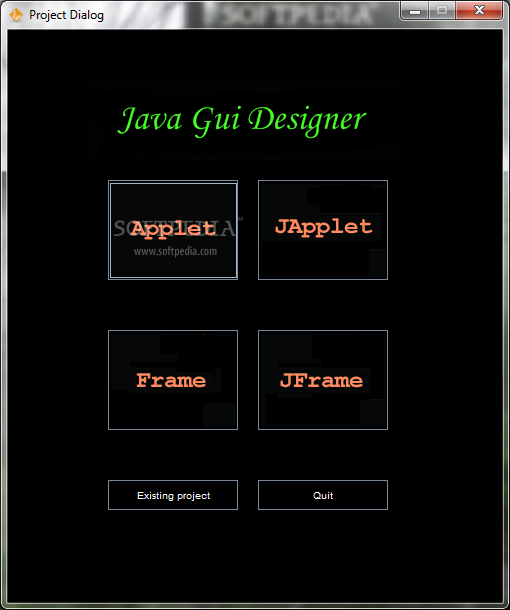

Once this is done, you can now save your Automater workflow from the File menu, or hit Command-S.This script will search for any Java Web Start files (*.jnlp), and if it finds any, it will run the Java Web Start engine on them, and then delete them (so your downloads folder doesn’t get cluttered up). Copy and paste the contents of the text box below into the shell script window. Lastly, we need to input the shell script in question, as the default value of “cat” will not do what we need to do.Then, on the right-hand side next to “Pass input:”, make sure it reads “as arguments”.

Next to the “Shell:” dropdown, make sure the value is set to “/bin/bash” so that the BASH shell is used to execute the script.
Java applet for mac download#
By default on several operating systems, including Apple’s OS X, these files are not executed automatically, which means they act as a regular download that must be double-clicked (or Command-O, for the keyboard fanatics out there like me) in order to run.
Java applet for mac code#
These are small files that are downloaded and executed, as opposed to embedded code within a webpage. One way Java apps are distributed is called Java Web Start (see here for more information on this technology). Once you *do* find the correct version (or versions), security concerns such as the ones previously mentioned may still keep these apps from performing properly. On paper, this sounds like a good strategy to ensure the safety of user information.īut what if you legitimately have a need to run a Java app? There are so many different versions of Java Runtime Engines (also known as JRE, or the environment in which Java code is executed on an operating system) that finding the right combination can be tricky. Due to several security concerns, Apple, along with several other developers, have adjusted their approach to running Java apps and applets in order to protect consumers from potentially-dangerous code being run on their machines.
Java applet for mac software#
It’s no secret that there have been some issues within the last few years between the folks at Apple, and the folks at Oracle, who now own the rights to the Java language and software engines.


 0 kommentar(er)
0 kommentar(er)
